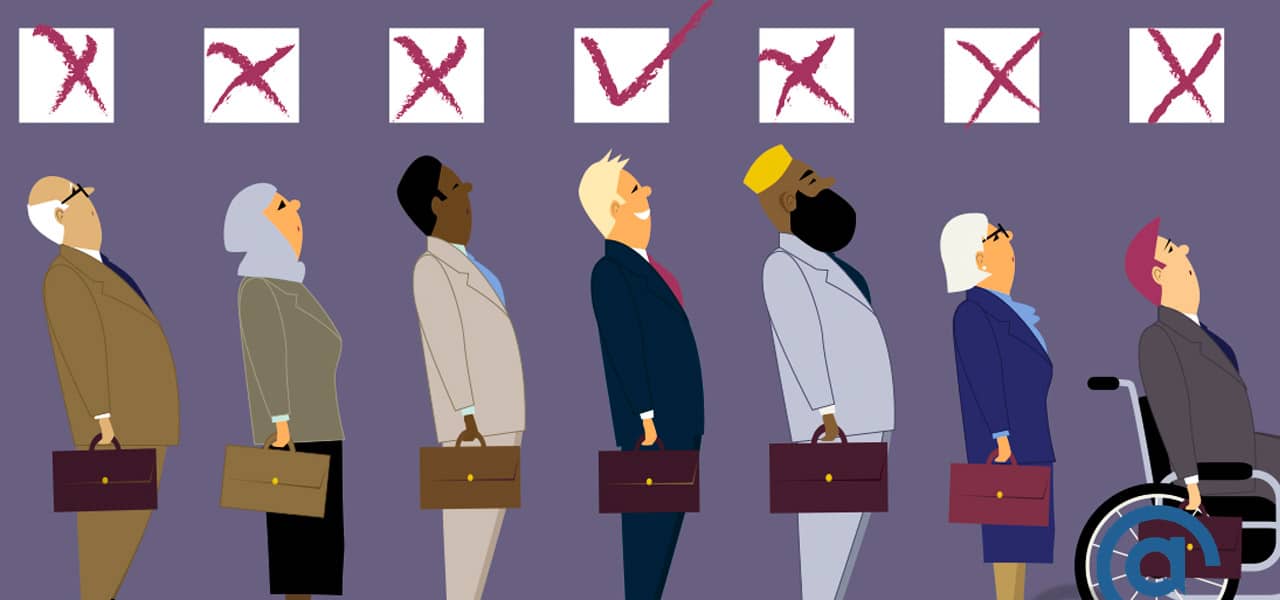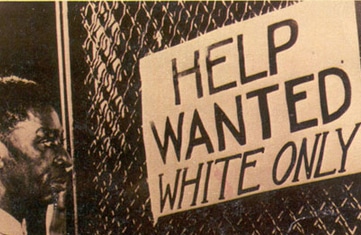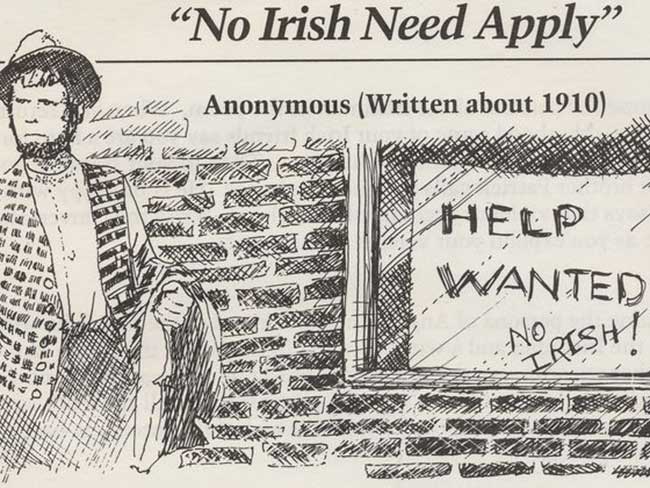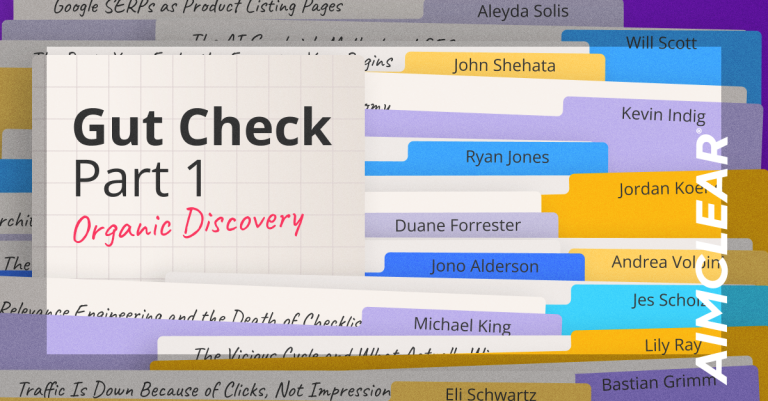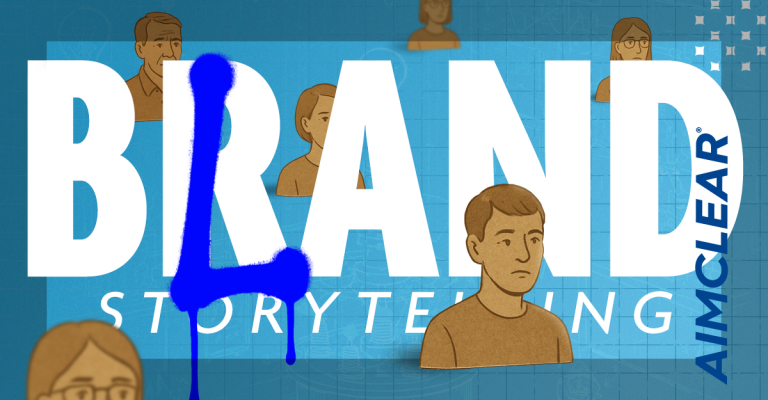A high profile – and potentially high stakes – lawsuit put a spotlight on potential discrimination challenges confronting social media marketers. The ACLU launched a formal complaint this week with the Equal Employment Opportunity Commission (EEOC), claiming Facebook allows bias against women and other groups in relation to marketing for jobs. This lawsuit may likely have some real teeth to it, far beyond just marketing for jobs. It extends to marketing for housing, services and potentially many other arenas.
Reaching deep into the corners of psychographic targeting, marketers must grasp the challenge to avoid big trouble.
Not all that long ago, marketers grappled with blatant, horrific discrimination in advertising.
Hard to believe, but job postings and related marketing efforts would outright remove groups based on gender, race, religion, sexual orientation and other personal attributes. Blatant examples have still persisted in recent decades.
We have all seen the images of job postings crying out “Help Wanted – White Only” or” “No Irish Need Apply.” Our collective stomachs clench at the audacity of such discrimination. Based on the ACLU lawsuit, is Facebook the new discrimination platform? What is the tipping point between really great targeting and potentially discriminatory marketing?
Overall, keeping clean may not be as complicated as it appears on the surface. Federal law, and the laws of many states, strictly prohibit advertising based on protected classes for employment, housing, financial services, public accommodations (think hotels), and education. AIMCLEAR has long warned of this marketing landmine.
Regulated industries, such as the ones noted above, are prohibited from discriminating based on gender, race, ethnicity, religion, age, color, and national origin. In many states the concept of “protected classes” extend to classes such as sexual orientation, gender identity, marital status, familial status, criminal background, and whether someone has been a recipient of public assistance.
Consider the example of a construction company marketing to attract workers. The person in charge of marketing may think “we need to target able bodied men” for the jobs. Without any context, it may seem natural to take advantage of audience tools and exclude women from the targeting list. In context, though, what a crock! Women make amazing carpenters – just as they make amazing police officers, firefighters, coaches – you know…all of those “man” jobs (note our intense sarcasm about outdated 1960s thinking). You cannot exclude based on gender or other class status noted earlier. Just DON’T do it.
So…what the heck is Facebook ANYWAY?
Courts have long found that newspapers, TV stations, radio, and other traditional media are responsible for the content of the ads placed in their publications. Are the social platforms analogous in this context to a newspaper? Facebook recently argued in court it is a publisher.
Some contend further that Facebook and other social platforms should, in fact, be considered recruiters or employment agencies. Such entities are also subject to discrimination laws and could be a source of liability for the platforms.
The ACLU used the new transparency Facebook has created in advertising to file a complaint against Facebook for illegally targeting employment ads – perhaps an ironic twist on ‘no good deed goes unpunished.’ Missing from all of this intense discussion is the fact social media platforms could be used to INCREASE diversity. What if an employer wanted to be sure that less represented demographic populations see the ad? It’s conceivable that removal of targeting options, as is anticipated, could actually make it harder once again to improve diversity, exacerbating the digital divide in recruitment. Ironic.
Clearly, targeting made possible in social channels requires marketers to take their power seriously and act in a manner above reproach.
We need to think intently as an industry clearly define the right side of history relating to the delicate issue of discrimination. Think about differentiating between negative targeting (exclusions) and outreach — specifically targeting less represented populations to increase diversity. In the “old days”…you know…the 1990s and before, career fairs often aimed to increase diversity. They were held in areas where targeted populations could have better access to recruitment or advertising focused on reaching diverse populations, by geography at the very least.
Facebook and other social channels can be that digital career and housing fair. As an industry, we need to lead this discussion and use the tools for good. IIt would be a shame if the ACLU claim unintentionally strips our ability to improve diversity in recruiting, marketing for housing and the countless other aspects of our society that could use a little more of everyone.
